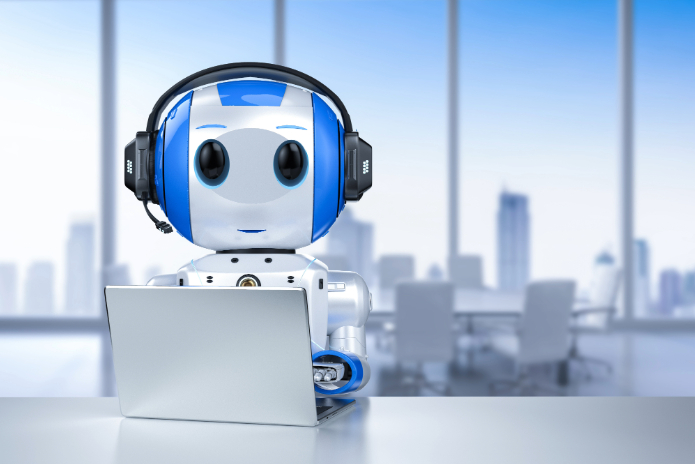Artificial intelligence (AI) agents have emerged as an alternative to modernize customer service and optimize processes in companies research that has just been conducted by Infobip and Opinion Box, consumer use is already a reality: the health sector leads this trend, with 39% of users using agents for tasks such as scheduling appointments and exams.
More advanced than traditional chatbots, AI agents are able to interpret requests, make decisions and perform actions autonomously. This means that, in the face of a demand, they are able to identify the problem, suggest a suitable solution and even escalate the issue to a human attendant when necessary.
“AI agents represent a significant evolution in the relationship between companies and customers. They not only answer questions, but understand the context of interaction, evaluate possibilities and deliver the most appropriate solution immediately. This capability makes the service more agile, accurate and close to the expectation of the current consumer”, explains Caio Borges, country manager of the global cloud communications platform Infobip.
According to Brazilian Artificial Intelligence Strategy (EBIA), led by the Ministry of Science, Technology and Innovation, the adoption of AI is already a national priority, with 73 strategic actions planned to stimulate innovation, training and application of technology in public services and productive sectors.This movement confirms that the use of AI is not only a trend, but an essential part of the country's competitiveness and digital transformation agenda.
From automated attendance to autonomous decision making
According to the survey, the retail sector is one of the most gaining with AI agents, since Brazil is the second country in the Americas that uses AI to make purchases, behind only Mexico. In this direction, Mercado Livre implemented the automation of messages through APIs, connecting tracking systems to channels such as WhatsApp, SMS, RCS and email.
“Virtual assistants with AI provide continuous support for queries on order status, delivery times and rescheduling.Omnichannel platforms maintain the history of interactions, allowing fast transitions between chatbots and human service. These solutions streamline communication, make processes scalable and reduce doubts, avoiding overload in the service centers”, says the Infobip executive, who integrated the services into the marketplace.
Current consumer expectations, such as 24-hour availability, natural interactions and support across different channels, put pressure on companies to invest in technology solutions microsoft Survey with micro and small Brazilian companies showed that 74% of them already use some kind of artificial intelligence, being the virtual assistants for customer service the most common application (69%). This demonstrates that the technology is already consolidated not only in large corporations, but also in smaller businesses that seek efficiency.
“We are seeing a significant change in consumer behavior. Urgency is no longer just about the speed of delivery and has an emotional component, linked to the need to feel informed. This makes companies review investments in logistics operation. Instead of focusing only on reducing delivery time, many now prioritize maintaining clear and constant communication with the customer. The effect is that the consumer feels more control, even when deadlines are longer”, Borges details.
In the financial sector, AI agents are used to prevent fraud, clarify doubts about transactions and support customer retention strategies. Already with telecom and digital services companies, they reduce waiting times in call centers and offer support in multiple languages.
Second inter-american Development Bank (IDB) in partnership with the federal government, 66% of the Brazilian adult population has already used at least one digital public service in 2024, and 77% evaluated this access as easy. The data reinforces how the digitization of the relationship between citizens and institutions accelerates the need for automated and intelligent solutions for care.
For Infobip, a global omnichannel communications company, the expansion of AI agents is a direct reflection of these transformations.“We observe a movement in which AI agents are no longer just automation tools to become strategic partners of companies, able to predict needs and proactively offer solutions”, concludes Caio.


